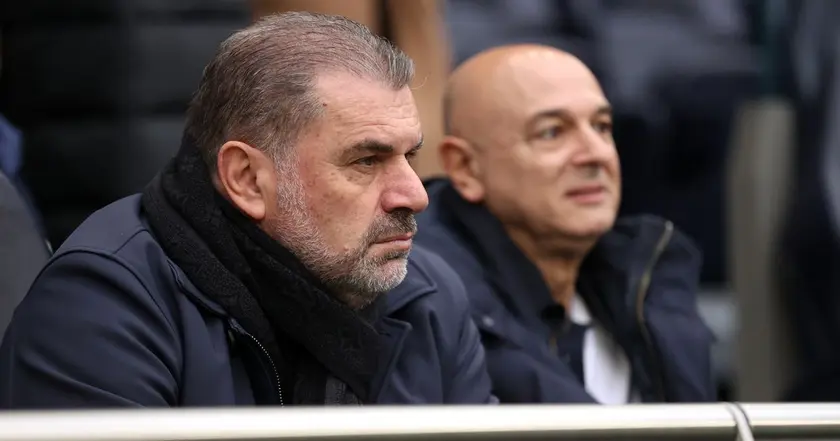T4K3.news
Transfer stunts test clubs and players
An editorial look at how Isak and other stars use standoffs and social media to push for moves, with different outcomes for clubs and fans.
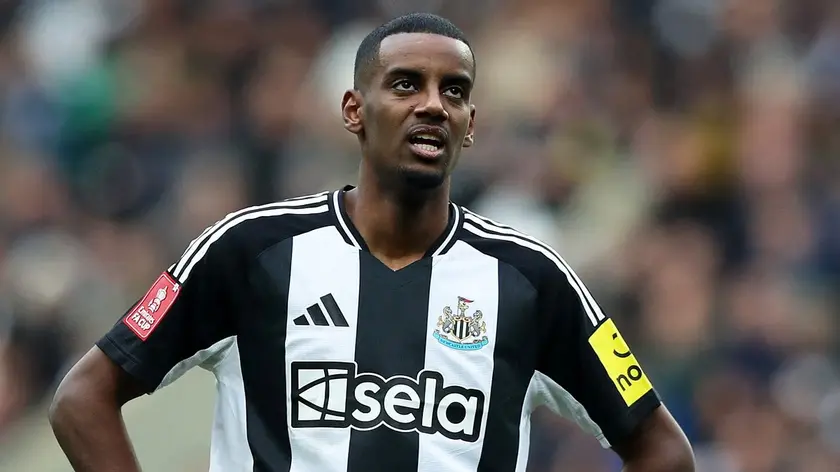
An editorial look at how stars use standoffs and social media to push through moves and what it means for clubs and fans.
Transfer stunts test clubs and players
Alexander Isak and Newcastle United are in a stalled dispute after Isak refused to train and claimed broken promises as he pushes for a move to Liverpool. Newcastle has stood firm, reinforcing its plan to keep the forward and suggesting the club remains unwilling to bow to public pressure. The piece places Isak’s case in a wider pattern of players who down tools to force a transfer, a list that includes Luka Modric, Luis Suarez, Dimitri Payet, William Gallas, Steven Gerrard and Clint Dempsey.
The article also shows how social media and public statements magnify the drama, and how different clubs end up with different outcomes. Diego Costa’s 2017 move from Chelsea to Atletico Madrid is cited as an extreme example, where a bid for a return to Spain and a standoff over training led to a January transfer after a lengthy wait. In some cases, moves happen; in others, players stay and the saga lingers in the background, shaping reputations and squad dynamics.
Key Takeaways
"I know how to be a d***head, it is one of my specialities."
Payet explains his mindset during transfer stand-offs.
"What do you think they're smoking over there at Emirates?"
Henry’s taunt during Suarez transfer saga.
"I never said I would score own goals if I had to play for Chelsea again."
Gallas denying the own-goal claim as he left Chelsea.
"There were lots of late-night phone calls and early morning phone calls."
Parry describing the decision process around Gerrard's transfer drama.
These cases reveal a shift in power dynamics. Players with strong market value can threaten to walk away to push terms, while clubs risk damage to morale and brand if they overreact. The public nature of each dispute invites scrutiny from fans, sponsors, and the media, forcing clubs to choose between quick concessions and long-term strategy.
The long-term impact is mixed. Some moves come with a clear payoff, others stall or fade. The best clubs balance firm leadership with open negotiation, but the broader question remains: when does a star’s leverage help the team or hurt it? The rising use of social media to shape the narrative means every standoff now has a public scoreboard, and that scoreboard can influence prices, timing, and career paths.
Highlights
- I know how to be a d***head, it is one of my specialities
- What do you think they're smoking over there at Emirates?
- I never said I would score own goals if I had to play for Chelsea again
- There were lots of late-night phone calls and early morning phone calls.
Backlash risk around player power in transfers
The piece highlights public backlash and sensitive topics around star players using standoffs to push moves. This can fuel tensions between fans, clubs, and leagues, and may affect team cohesion and market perceptions.
The market for talent keeps moving, but the price of controversy may outstrip any transfer fee.
Enjoyed this? Let your friends know!
Related News
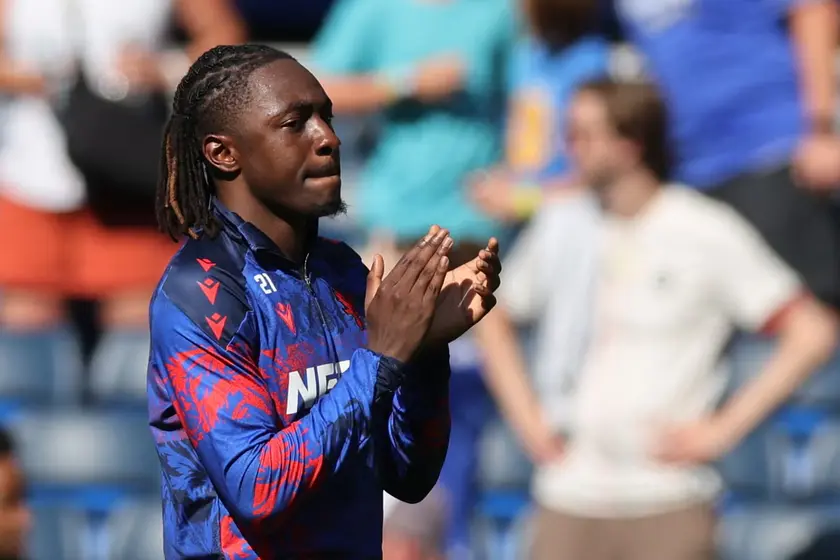
Crystal Palace Eze transfer talks continue
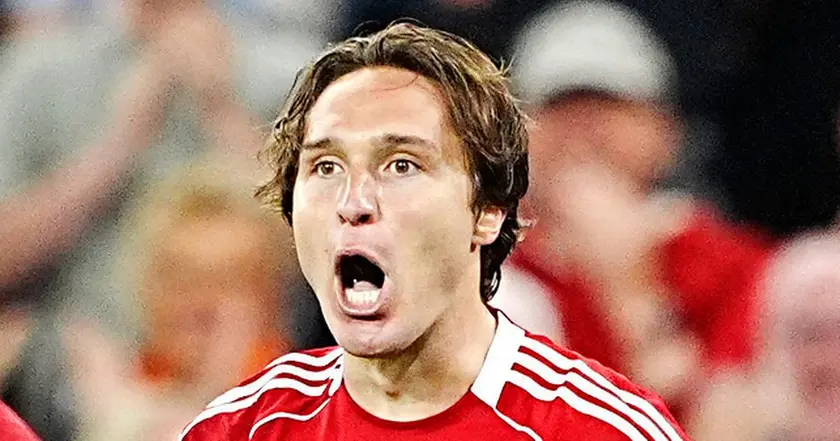
Liverpool backs Chiesa as City targets Rodrygo transfer
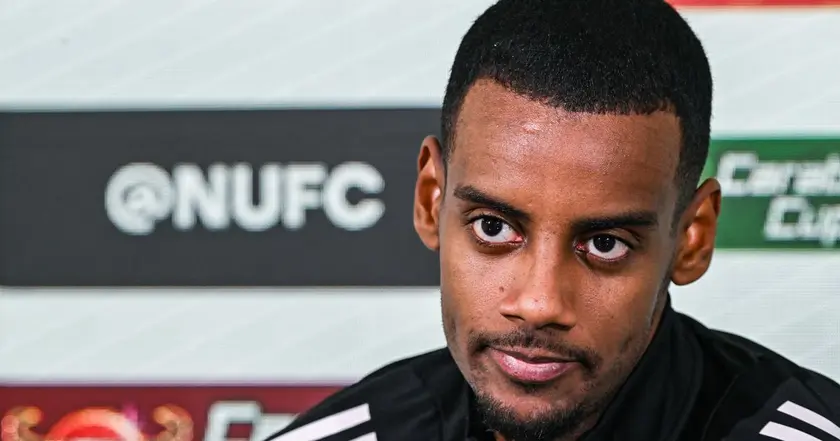
Liverpool eyes Isak and Guehi
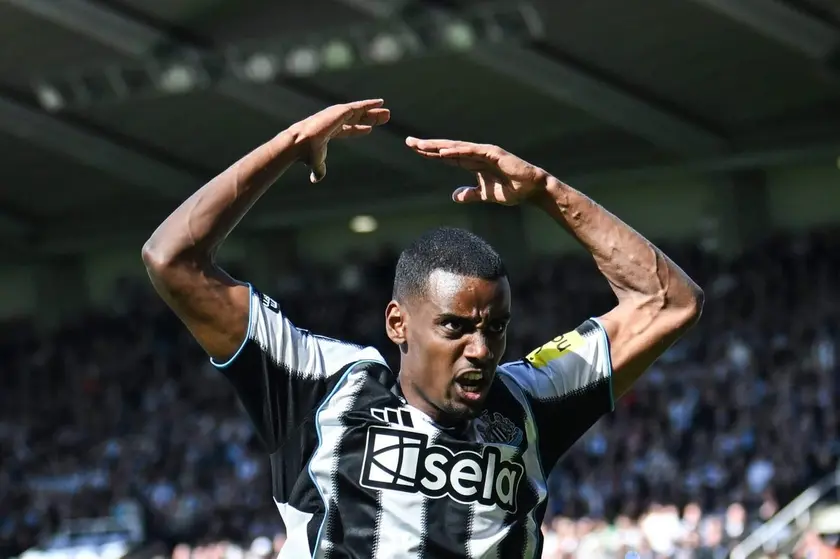
Isak transfer drama at Newcastle
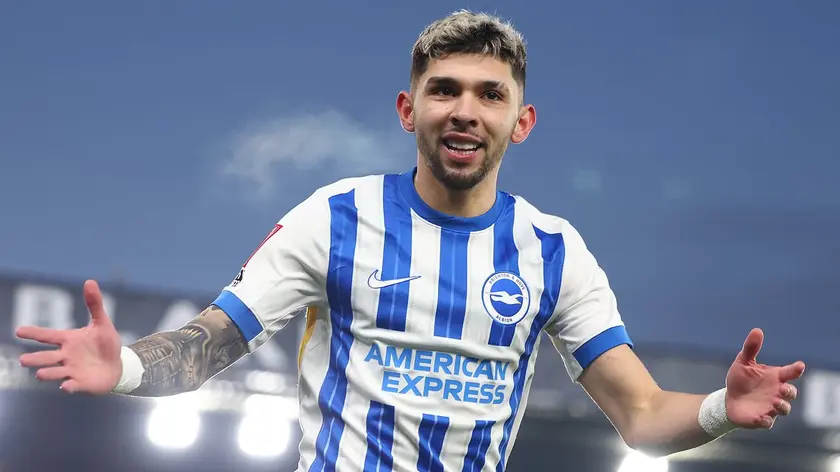
Enciso deal tests Chelsea multi club model
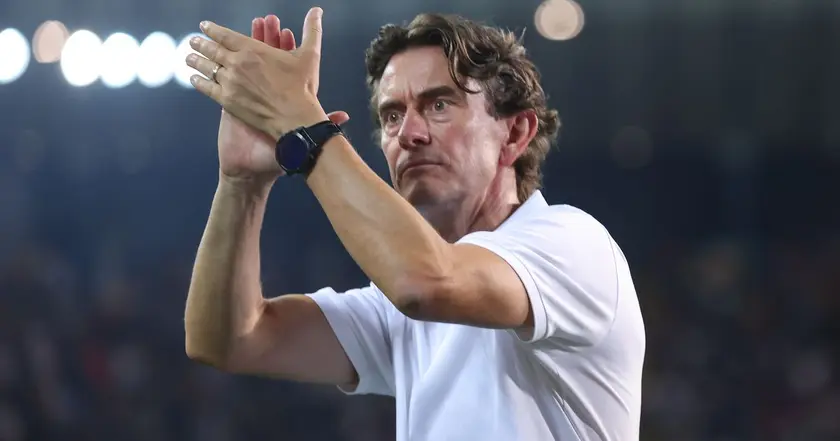
Tottenham starts season under Frank after Gibbs White near miss
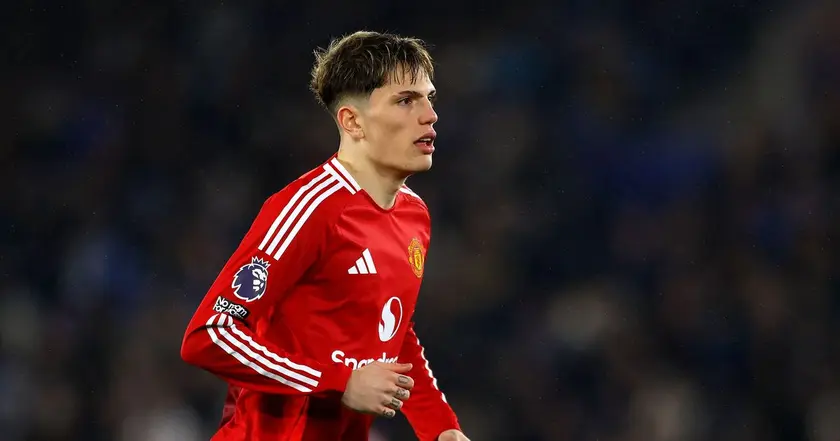
Garnacho to Chelsea moves closer
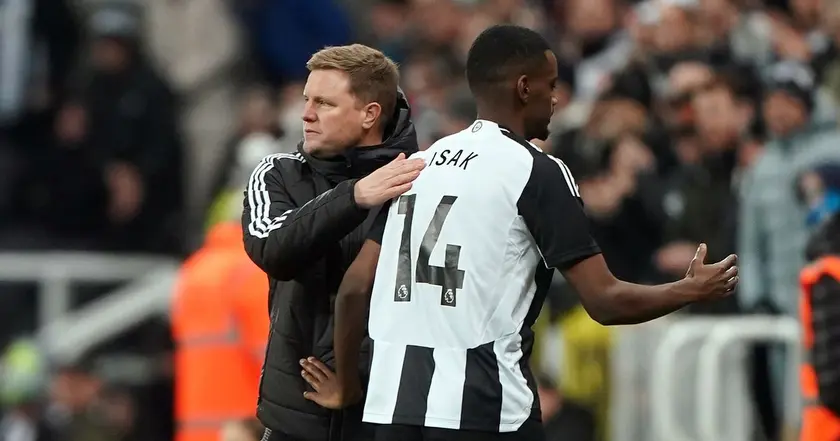
Isak saga tests Newcastle resolve
